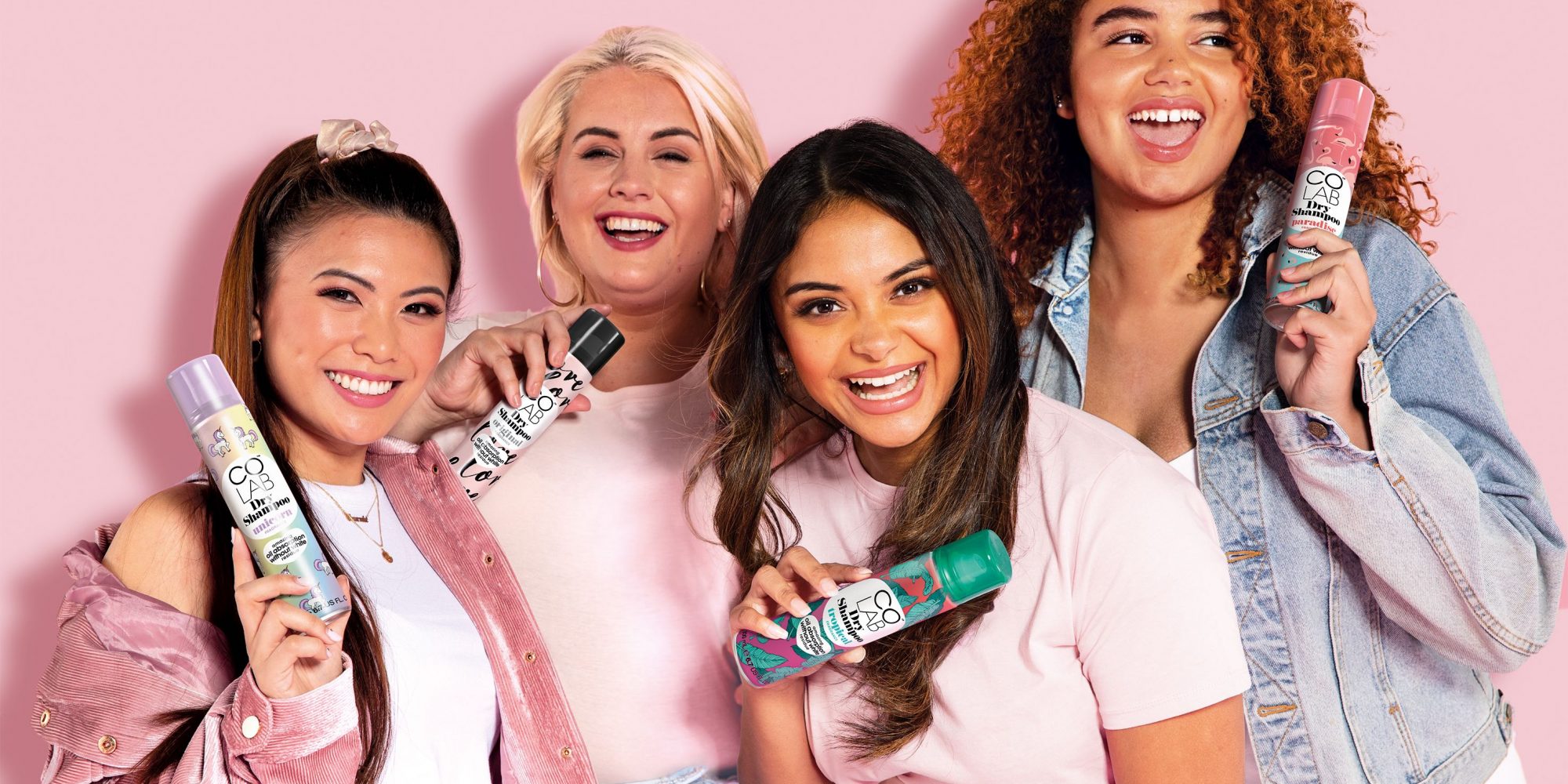
Brand Incubator SLG Brands’ Invisible Dry Shampoo Line Colab Is Becoming Very Visible At Retail With Target, Rite Aid And Walmart Launches
Colab’s signature product won’t be seen in consumers’ hair, but it will be seen on store shelves.
The dry shampoo specialist’s invisible formula that’s been a retail blockbuster in its native United Kingdom is traveling to the United States with launches at Target, Rite Aid and Walmart, where it’s unicorn, tropical, paradise, dreamer, fruity and original varieties are being sold for $5.49. The move comes as Colab owner SLG Brands, a Cheltenham-based beauty brand holding company, licensee and incubator with Johnny’s Chop Shop, Superdry, Velvotan, Beauty Laundrette and Amie, a recently acquired property, in its portfolio, is raising its profile in the U.S., which it projects will be its top market in 2021 or 2022.
“On occasion in the lab, we just freestyle and try stuff. All of the dry shampoos that existed to degrease created this problem of white residue. We thought, ‘What if we could create an invisible formula that degreases, refreshes and adds a bit of volume, but doesn’t leave the white residue?’ We hit upon a formula that did that, and I remember it really clearly because one of our brand managers, Sarah Dorey, was going crazy, exclaiming, ‘Oh my god, we’ve done it!’ It was an amazing moment,” recalls Miles Dunkley, founder and chief creative officer of SLG Brands. “We realized at that moment that we had hit on something potentially massive.”
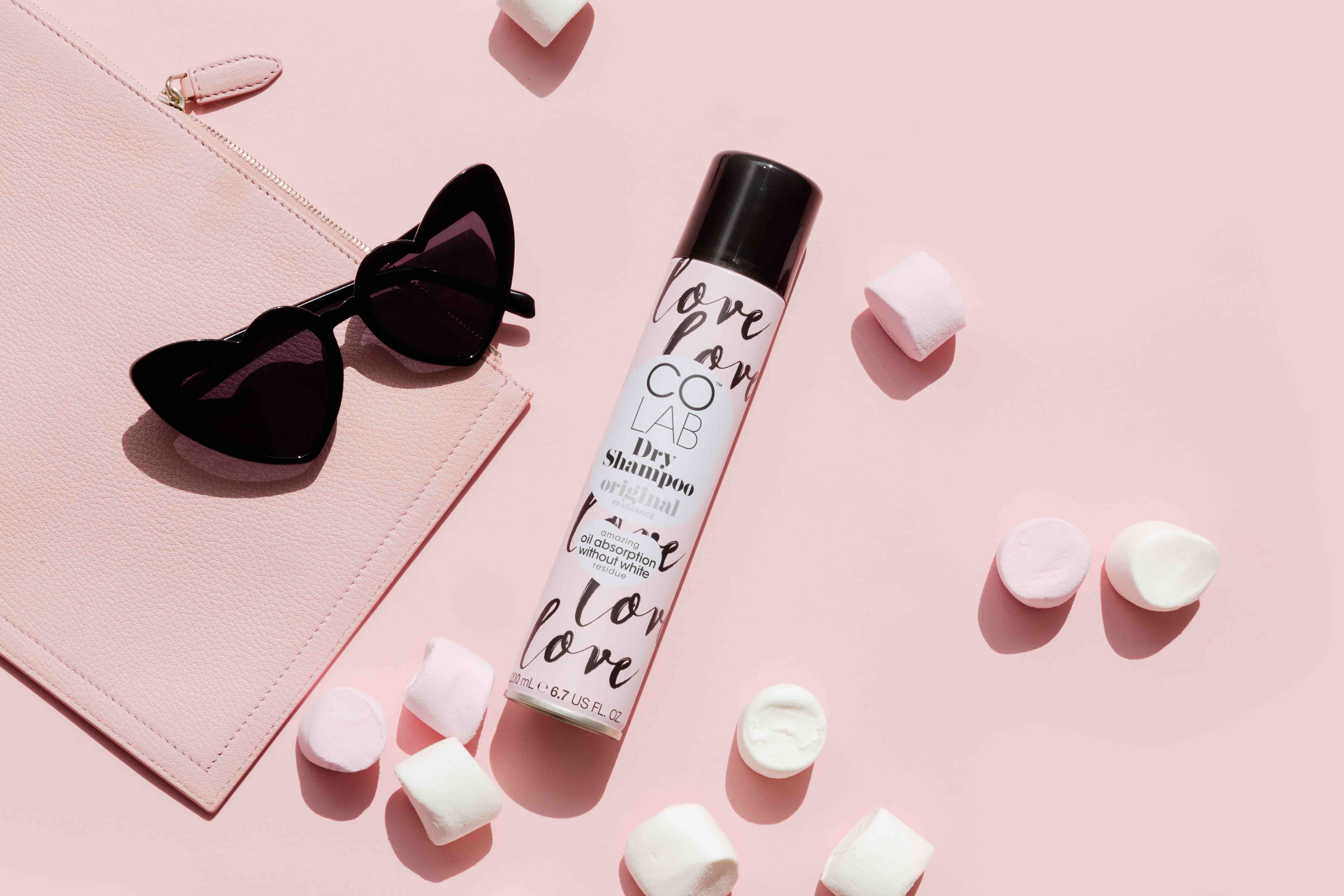
The formula may have been the hardest part of erecting Colab, but SLG Brands wasn’t finished with the brand at that point. Befitting its name, SLG involved collaborators, specifically model and blogger Ruth Crilly, to spread the word about Colab, and crafted colorful packaging to speak to an audience of primarily millennial shoppers—now, gen z is a crucial target—that weren’t the sweet spot for Batiste, the leading U.K. dry shampoo player. It started with 10 stockkeeping units—half were takes on its original formula, and the other half were extreme volume options—and has since honed in on its white residue-free focus.
In September 2014, Colab entered Superdrug for a three-year exclusive run. The brand gave the retailer an opportunity to draw young customers to its dry shampoo selection and heighten its presence in a product category that’s flourishing as women have little time to squeeze showers into their busy schedules. During its U.K. exclusivity with Superdrug, SLG pushed Colab abroad. Today, the brand is in 30 countries, including South Korea, Indonesia, India, Australia, Japan, Thailand and Singapore, and has sold 10 million cans worldwide. Back in the U.K., once its Superdrug exclusivity ended, Colab transitioned from Superdrug to a wholesale network with Boots, Feelunique, Amazon, PrettyLittleThing and Urban Outfitters among its key accounts. Boots has first dibs on new products.
“It’s proven to work on all hair types. In Hispanic, Asian and African-American hair, it doesn’t show white residue, and that’s hugely relevant for the American market.”
In the U.S., Colab has quickly landed in 8,500 retail doors. In addition to Walmart, Rite Aid and Target, it’s in American chains Meijer, Bed Bath and Beyond, and Giant Eagle. This year, Dunkley forecasts the brand will generate a minimum of $10 million in retail sales in the U.S. If it gains momentum, he believes its U.S. retail sales could rise to $15 million to $20 million. “It’s proven to work on all hair types,” says Dunkley. “In Hispanic, Asian and African-American hair, it doesn’t show white residue, and that’s hugely relevant for the American market.”
Dunkley’s parents Bobbie and Graham Dunkley, inventor of the self-tanner mitt, founded SLG as Synlatex in 1985. A subsequent acquisition of a competitor turned it into the Synlatex Lambournes Group or SLG for short. The company’s early expertise was producing makeup applicators for beauty brands and retailers, and Dunkley grew up to the sound of makeup applicators being churned out in the garage of his family’s home. Two decades ago, Dunkley joined the company with the aim of elevating SLG’s design and broadening its merchandise range. “Rather than just making products, we started to design products,” says Dunkley, emphasizing, “What we are today is a very design-led, fashion-fueled brand ownership company.”
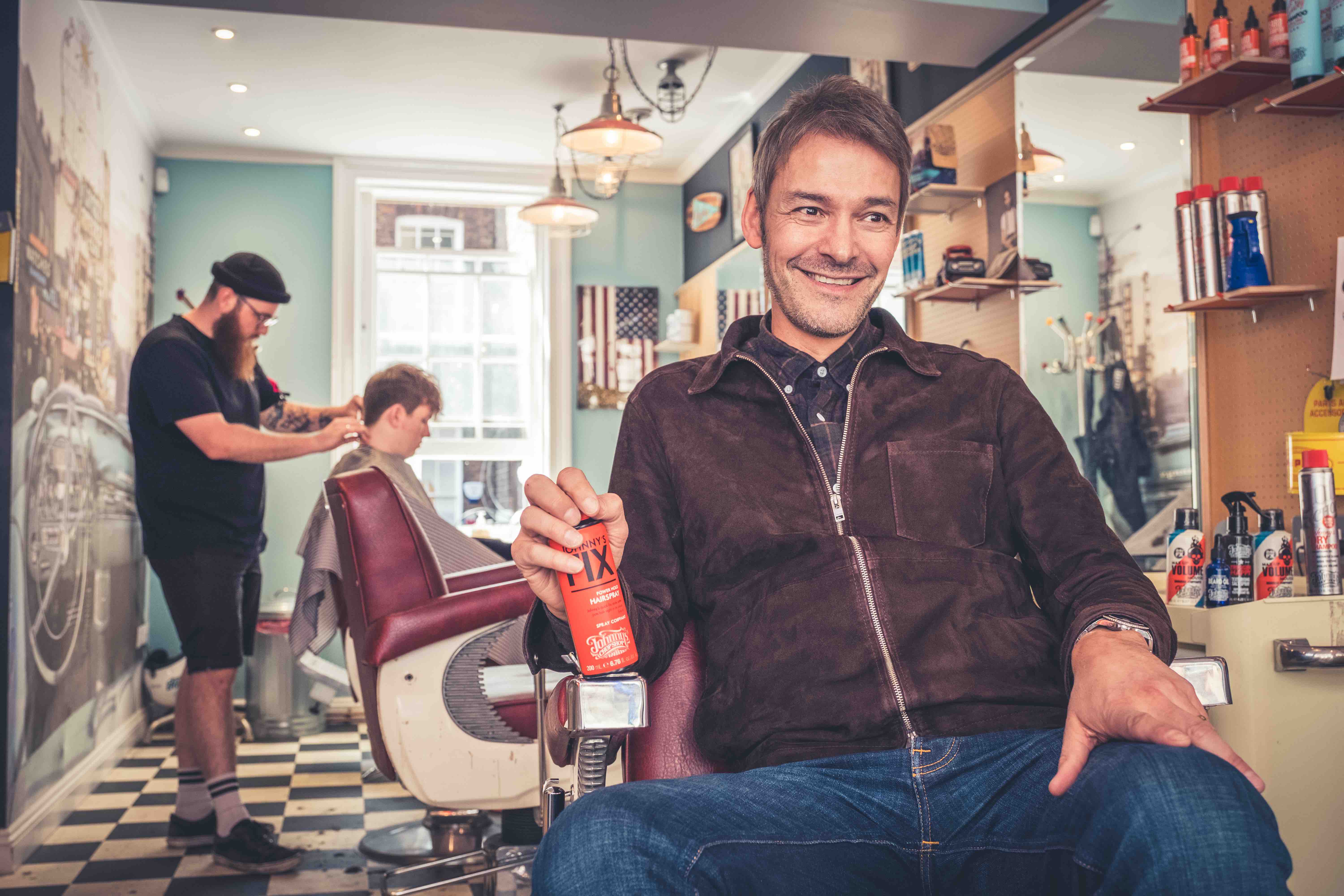
In the 2000s, SLG branched into licensing with a deal for beauty accessories tied to the Hearst magazine Cosmopolitan. The deal demonstrated the power of unique branding to catapult sales. “We really enlivened the beauty accessories category. We went out there with neon pink, and all our implements were white,” recounts Dunkley. “It was an explosion on the shelf, and it flew off of it, absolutely flew.” From there, the company built a licensing arm that currently encompasses Superdry and Laura Ashley. In 2014, SLG’s licensing operation nabbed a famous partner in influencer Zoe Sugg, and it collaborated with her on the brand Zoella Beauty. That partnership has ended, and SLG introduced playful bath and body care brand Beauty Laundrette partially to fill the hole formed by Zoella Beauty ending. Beauty Laundrette is available at Superdrug.
Johnny’s Chop Shop premiered in 2015 after Dunkley noticed his teenage son and his son’s friends were flocking to barbershops. He sought to shape a brand that oozed the contemporary vintage cool of those barbershops. To do so, he teamed up with Steven Ross, co-founder of the barbershop Tommy Guns, on Johnny’s Chop Shop products, and locations in New York and London. The grooming brand’s assortment spans a dozen stockkeeping units, and bestsellers are Wild Cat Hair Clay, Sports & Social Fibre and Johnny Sheen Hair Pomade. Last year, it rolled out to 3,500 Walmart stores and was on pace to surpass 10 million pounds in global sales or nearly $13 million, per an estimate in WWD. The brand’s distribution has expanded to 15 countries and, in the U.K., it’s exclusive to Boots. In the U.S., it’s stretched from Walmart to Walgreens. Pro’s Choice handles distribution of Johnny’s Chop Shop and Colab in the country.
““What we are today is a very design-led, fashion-fueled brand ownership company.”
Proprietary brands constitute the biggest and fastest-growing portion of SLG’s business. The second-biggest portion of its business is short-term fashion and celebrity licenses often for holiday collections. The third-biggest portion is long-term licensing agreements. SLG’s annual turnover is around $100 million in retail sales, and Colab is its largest brand, according to Dunkley. Although SLG is constantly throwing around ideas for brands, it’s extremely careful about the brands it brings to fruition. Dunkley explains, “We are very strategic with how we develop brands within our portfolio. We want to avoid overlap and cannibalization, and we want distinct categories that we are working in, haircare being an important one.” An eco-oriented haircare brand will soon arrive in SLG’s proprietary brand portfolio.
SLG’s purchase of natural skincare brand Amie for an undisclosed price last year doesn’t mark the beginning of a stream of acquisitions. “We will be quietly acquisitive,” says Dunkley. “We have an awful lot that’s good in our portfolio. We have multimillion-pound potential with what we’ve already got.” However, he notes, “There’s a glass ceiling with a lot of indie brands. They get to a certain turnover, and they can’t get further. There’s quite rich pickings for medium-sized companies like us that can pick up these brands and take them forward, but they’re not quite big enough for companies like P&G, and that’s what Amie was.” The brand is being revamped for a U.S. debut later this year.
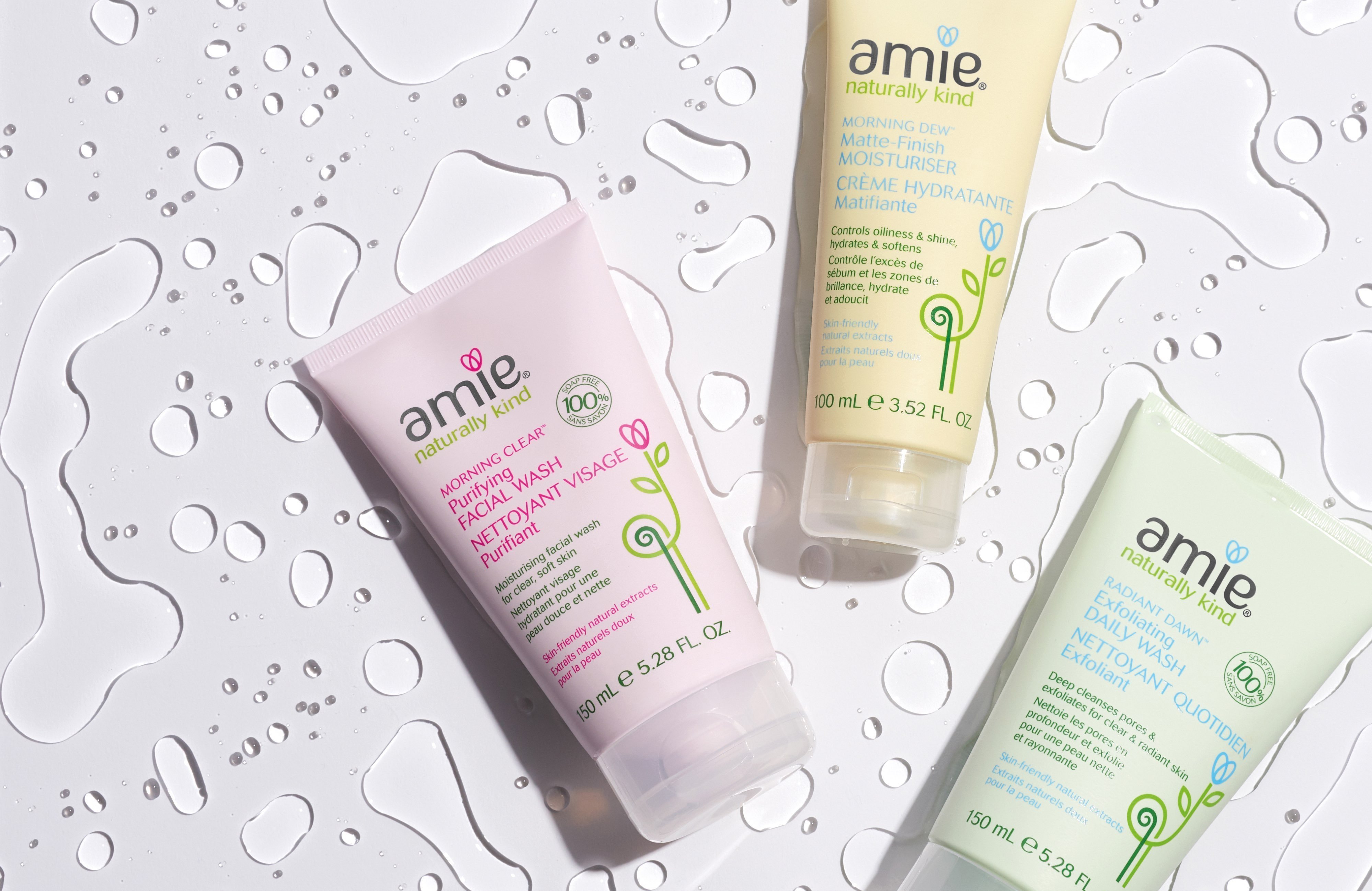
Meanwhile, SLG is making a splash with Colab. Since it kicked off a marketing campaign for the brand in February, it’s yielded 700 influencer posts and 65 million online impressions, and reached 30 million people. Roughly 200,000 dry shampoo units will be sampled over the next several months. Colab’s marketing concentrates on its product. “We create Instagrammable packaging. It has an imbedded viral potential because it looks fantastic. Then, you use it, and it performs in a way that’s graphic online. You can show on dark hair that there’s no residue,” says Dunkley. “The strategy is to get the product in front of the right influencers, and let them do the rest.”

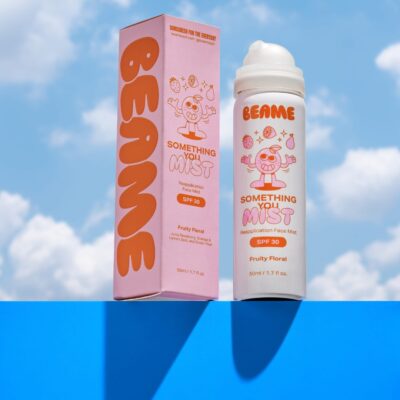
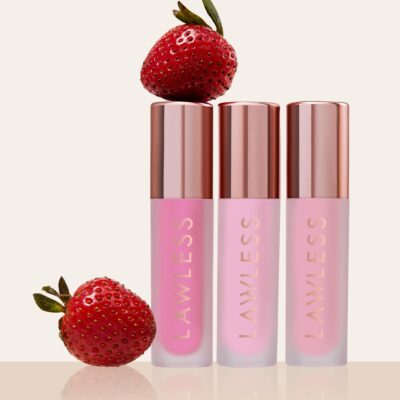
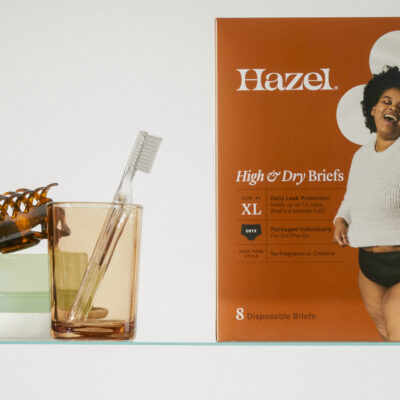
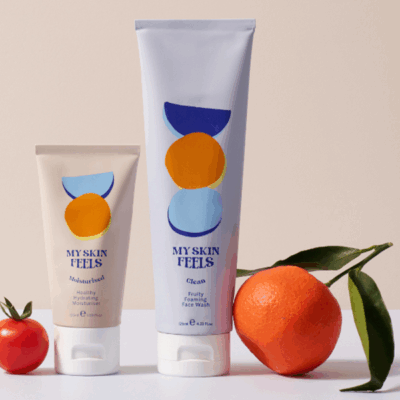
Leave a Reply
You must be logged in to post a comment.